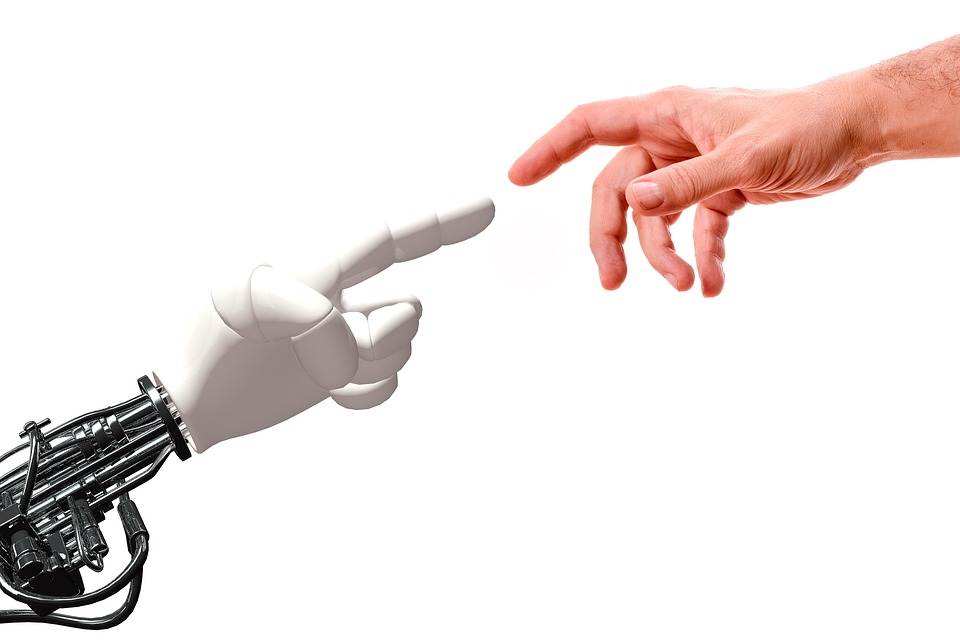In 2018, Quantic Dream and Sony Interactive Entertainment developed a game with over 100 pages of script and months of filming: “Detroit: Become Human.” The year is 2038, and androids are being used by humans all throughout the United States. However, following the lives and growth of three androids, players start to realize that these robots are not merely machines — they can feel emotions from anger to love and they deserve equal rights. Although this game is full of action and takes inspiration from past revolutions for freedom, it still has an underlying question: what if androids really do come to exist in the future and what will happen?
Before actually understanding the effects of machines in the future, it is important to look at when and how machines will ultimately rise to power.
The concept of a machine relates to the idea of the technological singularity. According to the video “The Technological Singularity” by Aperture, the technological singularity is the “tipping point when technological progress is so overwhelming that [humans] will no longer be in control of it or the things that it will lead to.” Also called the technological explosion, Moore’s law states that “computing power tends to approximately double every two years,” which leads scientists to believe that the approximate date of the singularity is between 2040 and 2050. At this point, technology will have surpassed the intelligence of the human brain. Machines will be able to perform non-repetitive tasks in a matter of seconds that require years of training for humans. This cycle will then continue, as predicted by British mathematician Irving John Good in his 1965 paper “Speculations Concerning the First Ultraintelligent Machine.” According to Good, the machine is intelligent enough to “gradually improve itself out of all recognition, by acquiring new equipment.” This means that humans will no longer invent or research, as the machine known as the Seed AI can keep reprogramming itself to become better than its predecessor. All the machine will need is equipment, which humans will initially provide until the machine figures out a way to do so on its own.
Will robots understand their intelligence and suddenly turn on their creators? The short answer is no. The long answer is it is very unlikely due to one reason: chaos.
This leads to the intriguing yet worrisome idea that has filled the minds of scientists and writers alike: evil robots. Will robots understand their intelligence and suddenly turn on their creators?
The short answer is no.
The long answer is it is very unlikely due to one reason: chaos. The universe and nature itself are extremely unpredictable. The second law of thermodynamics states that the entropy or randomness of the universe is always increasing. This means that after a certain extent, it will be impossible for any super intelligent being to “improve its predictions of the future and […] increase in intelligence.” This comforting idea could be turned on its head by questioning whether or not the perceived chaos of the universe is merely a farce which robots in the future could then use to exploit humans; however, based on the current research and level of machines, the chances of this occurring are pretty rare.
As humans, it is our job to ensure that no matter what, we are prepared for the future. If, by any chance, we reach a stage as depicted in “Detroit: Become Human,” we will need to know what is to be done and how these two entities — robots and humans — can coexist. Preparation does not mean gearing up for battle. Rather, it is embracing “the potential of augmentation” and having a positive outlook. Robots in the future could lead to extraordinary developments, from curing diseases unknown to mankind to exploring galaxies light-years away. In the end, it is our mindset today that will help us decades from now.
Source: 1
Image Source: Max Pixel






